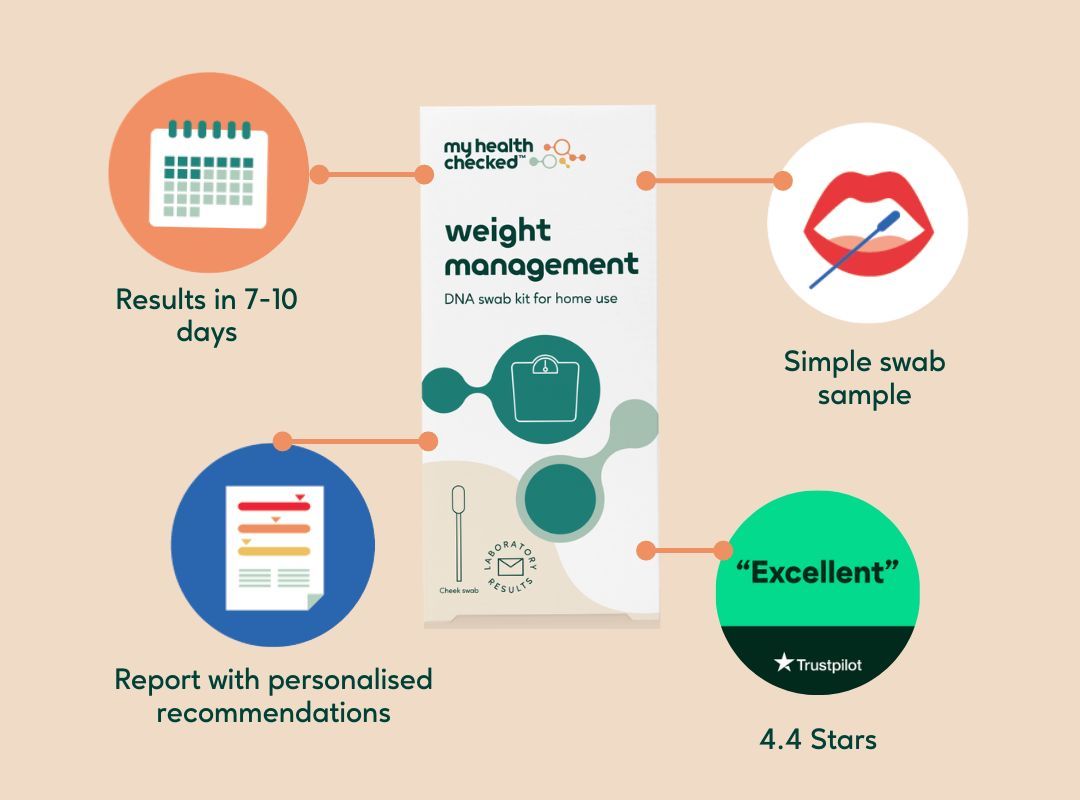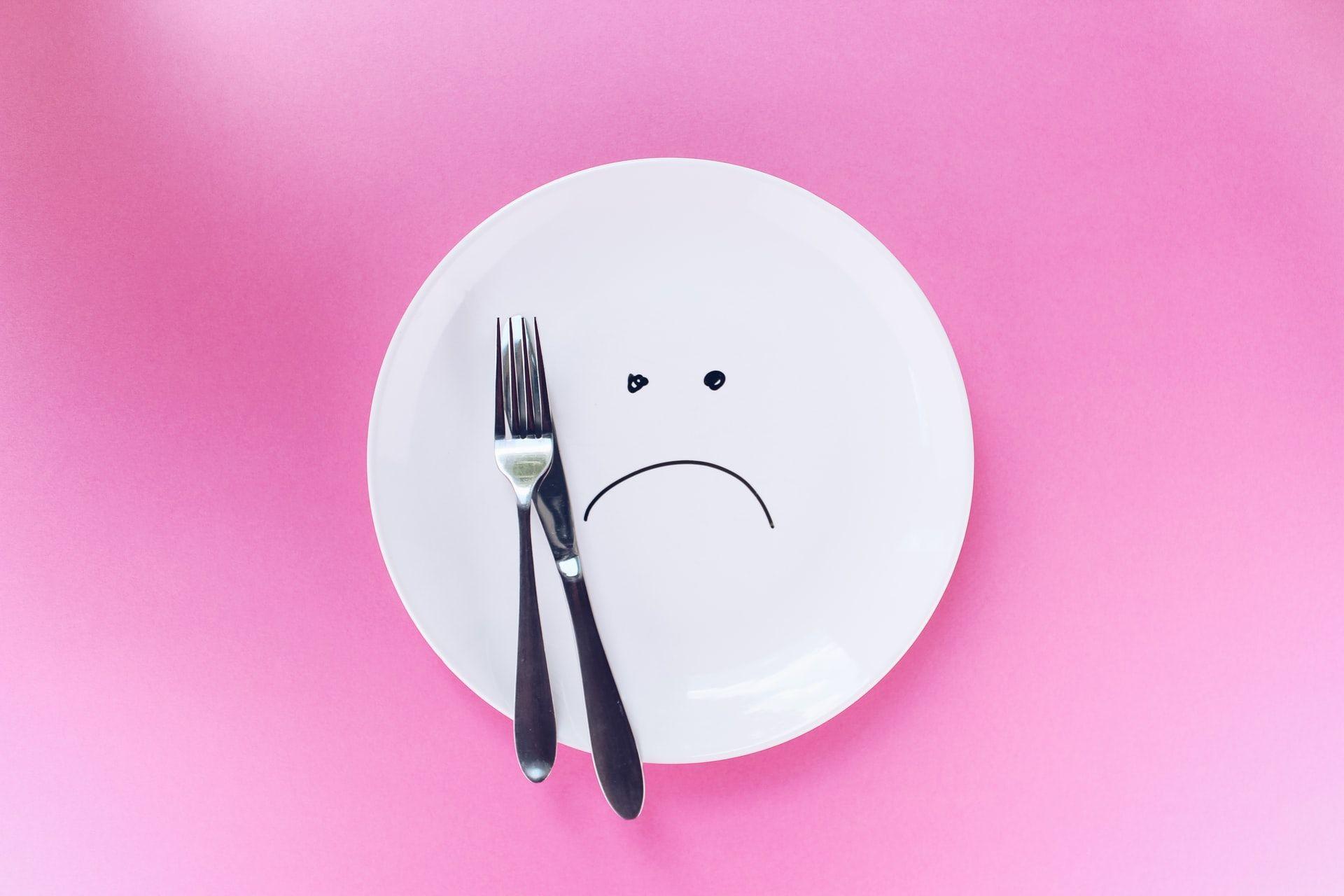Fad Diets Are Not The Answer to Weight Loss
What's the one thing in common with fad diets?
They don't actually work.
As obesity is becoming increasingly prevalent as a public health crisis, the media and health "gurus" are sharing more and more so-called revolutionary health hacks to transform your body, helping you reach your weight goals. Although this route is a tempting and quick one to embark on, there is plenty of evidence highlighting their adverse side effects and inability to be sustainable in the long-term.
First, let's dive into what a 'fad' diet actually is.
Fad diets are typically weight loss plans that claim to give you rapid weight loss and amazing results with barely any effort or exercise. They often are restrictive, limiting either the amount of food or the types of food (or both!) you can eat. Based on little to no high-quality evidence, these diets tend to highlight miracle foods that would somehow increase your metabolism and thus, weight loss.
Take the paleolithic (paleo) diet. This fad diet intends to take your eating habits back two million years, meaning no grains, legumes or refined oils can be consumed. Paleo diets call for higher consumption of meat, which can interfere with the body's acid-balance and increase risk of inflammatory bowel disease. Not so healthy after all. Other examples of fad diets include the Atkins diet, Weight Watchers and low-carb diets.
Why aren't fad diets all that great?
The promise of fast weight loss in fad diets comes with highly restrictive eating habits, which can lead to negative health consequences.
The supposed weight loss individuals experience in the first few weeks into their fad diet is mistaken for fat loss. In reality, majority of the weight loss is due to water and muscle depletion. Moreover, a review found that the weight loss experienced in many such fad diets were only short term. After stopping the diet, individuals would regain the weight they lost.
Not only is the effect of the fad diet short-lasting, these diets do not always provide you with all the nutrients you need for a healthy lifestyle. High-protein fad diets, like the Atkins diet, can lead to bone weakness in the long-term due to the associated calcium loss. This type of diet can also lead to low consumption of vitamin D, which is also crucial for bone health, but also immunity, cancer and prevention from respiratory infections. Fad diets are often deficient in micronutrients, putting you at risk for a multitude of health issues like cardiovascular disease and poor immune function.
What could you do instead?
The answer lies in the core of who you are - your DNA. Learning about your DNA will reveal how your genes affect your nutritional needs, which is crucial in weight management and health. Knowing your DNA means being aware of what your body baseline is. With this wealth of information, you can personalise your nutrition to cater to your body’s unique needs. If we start to understand the science behind what we were born with, how our current lifestyle is affecting our health and how to achieve our own health goals, we can make better, educated choices towards a healthier, happier life.
Once you know, change is simple.

